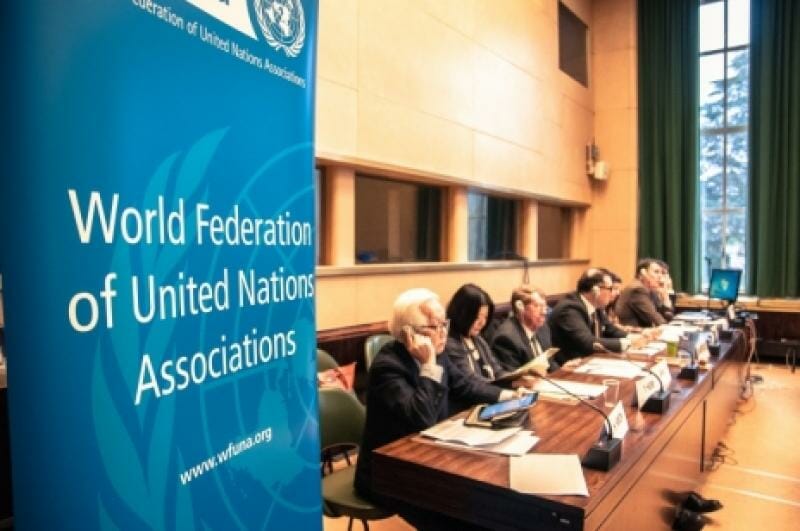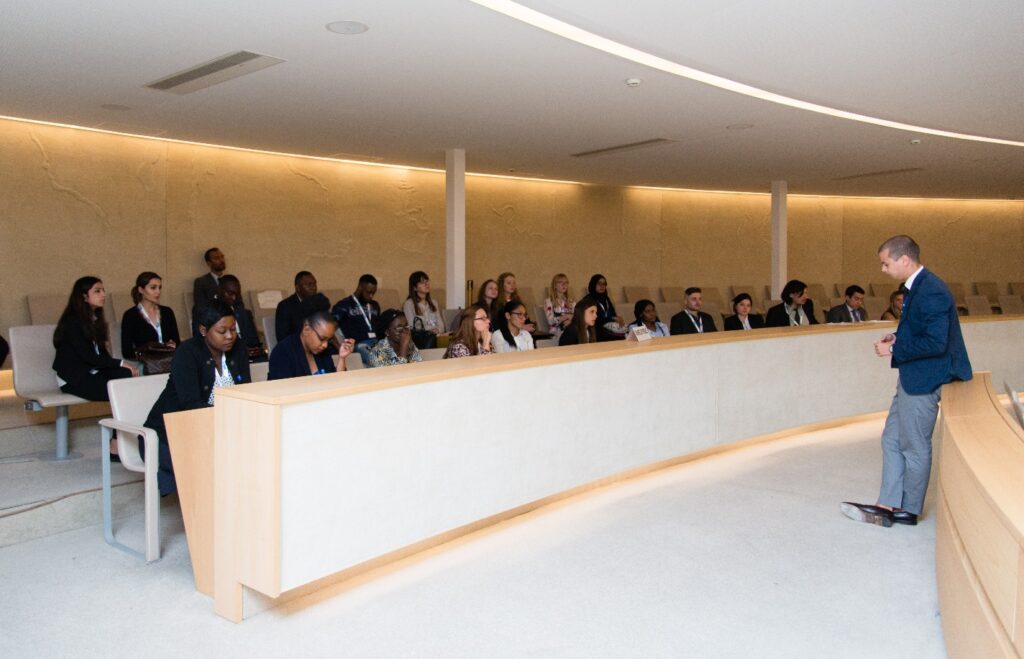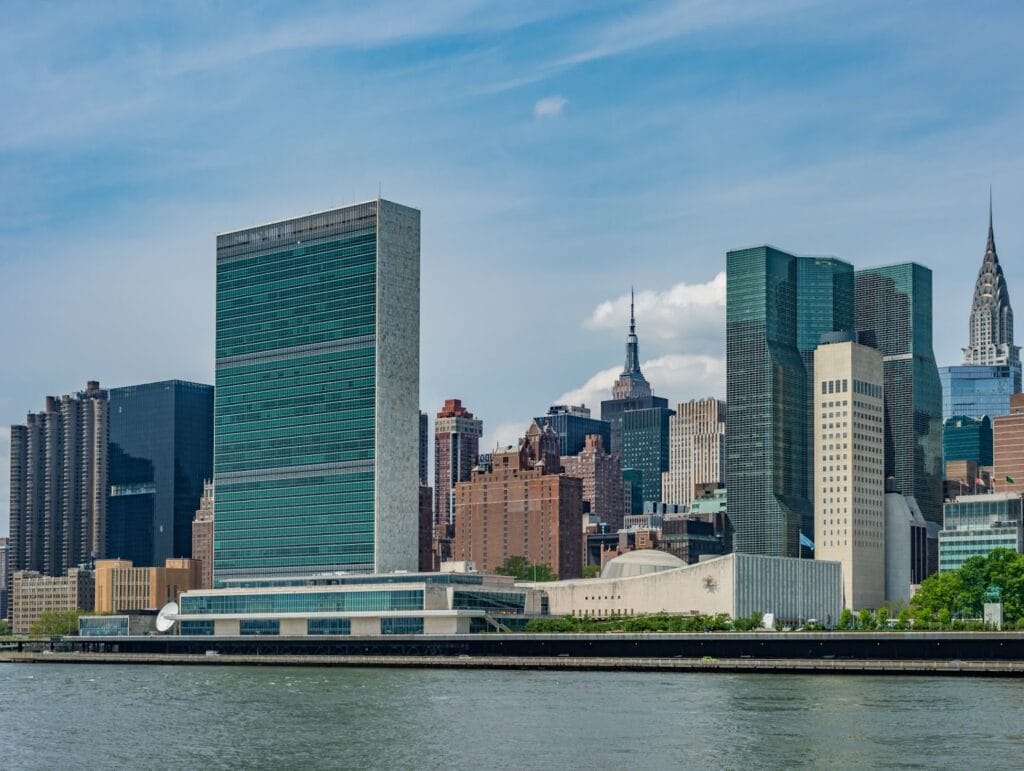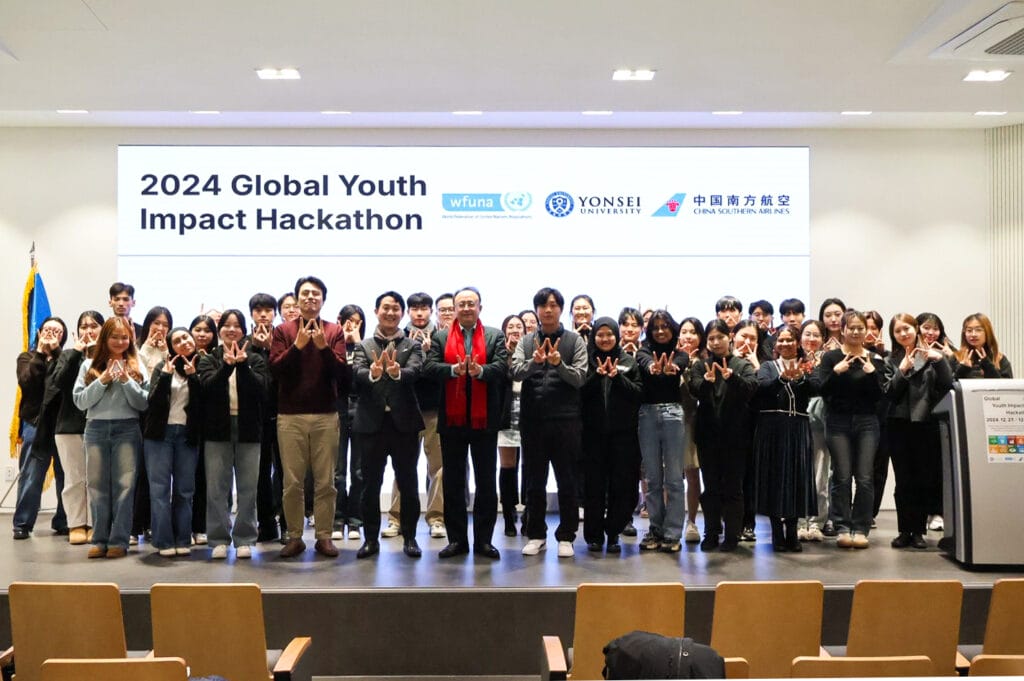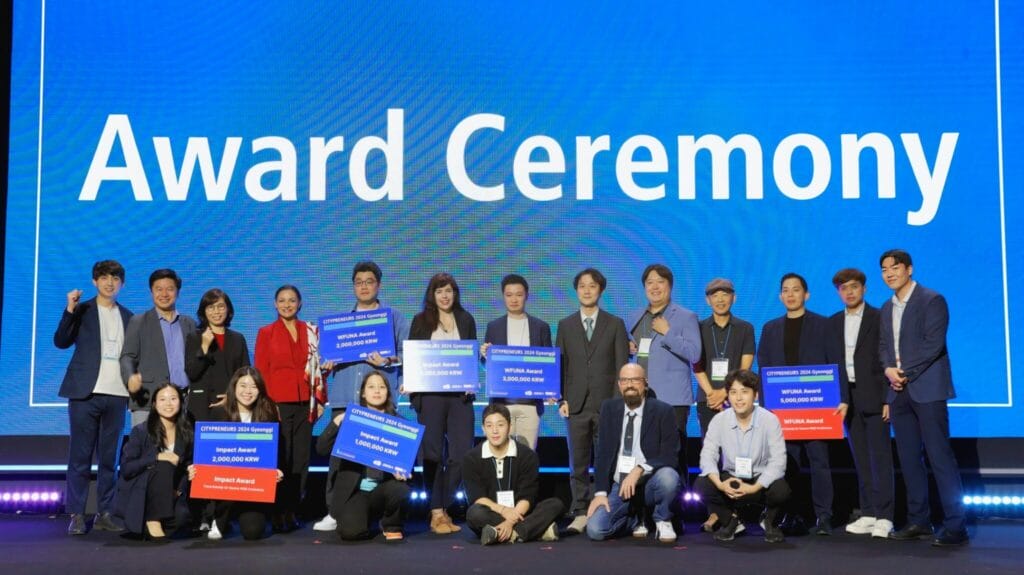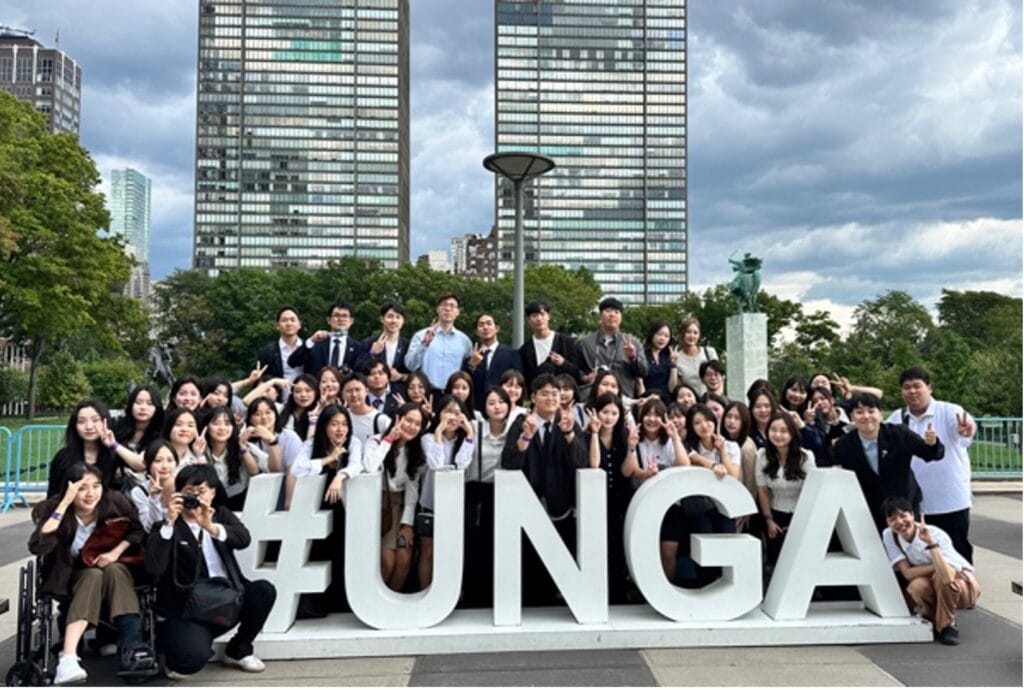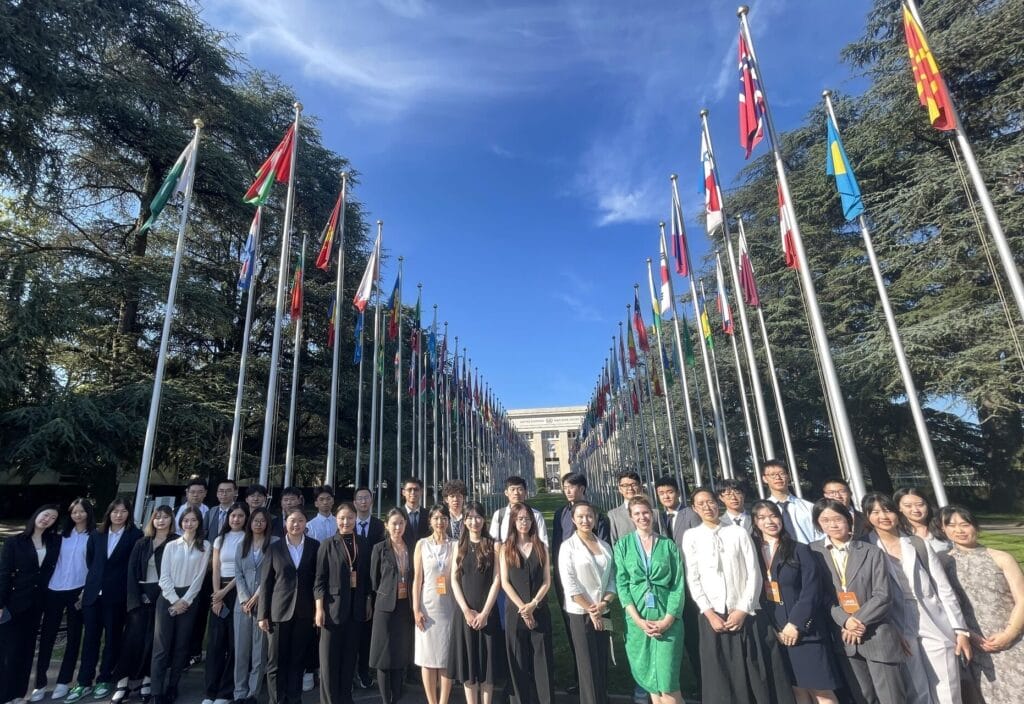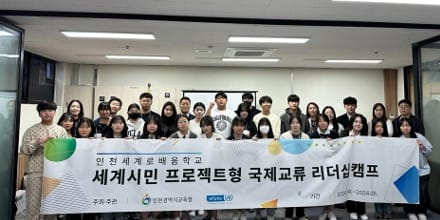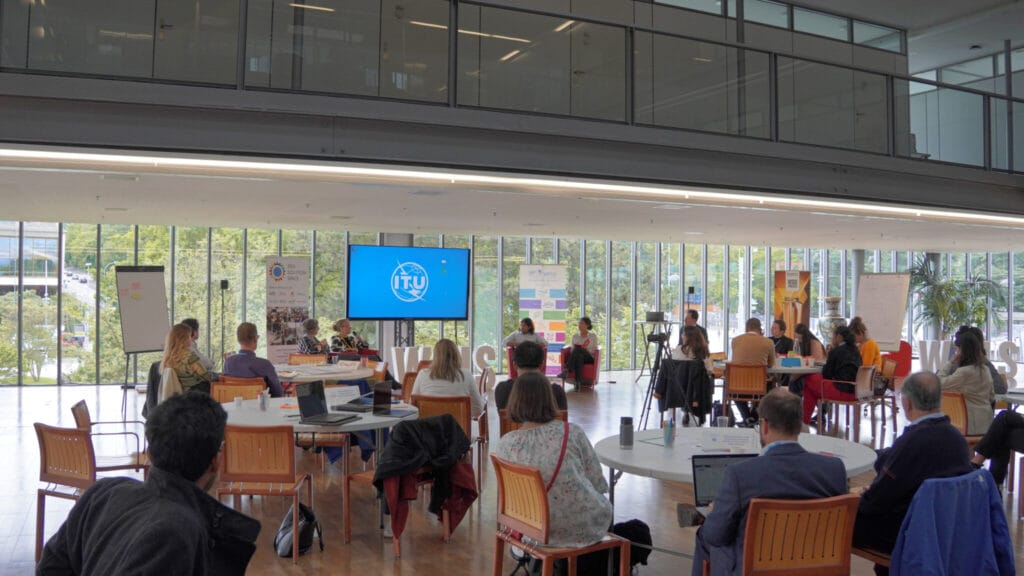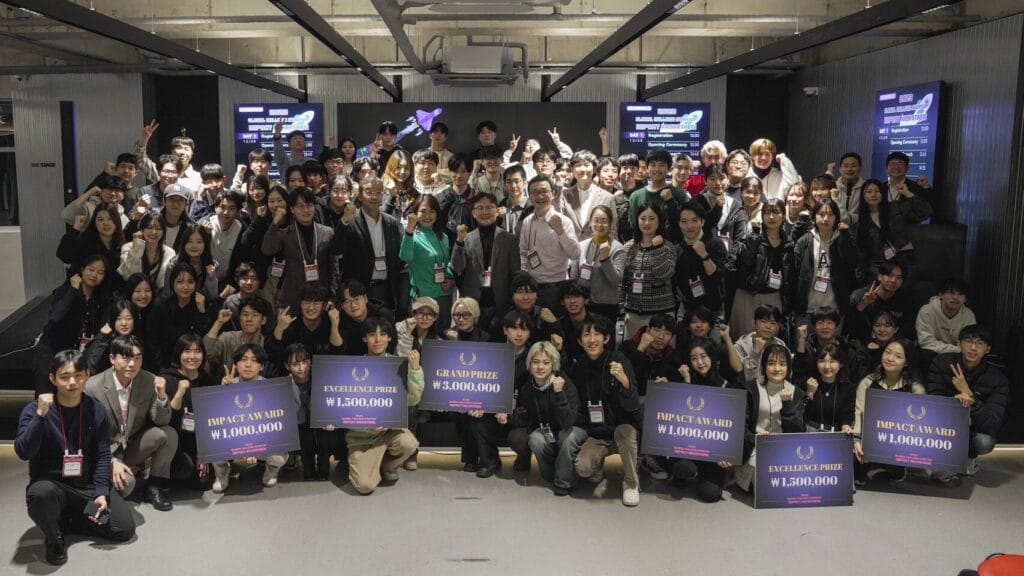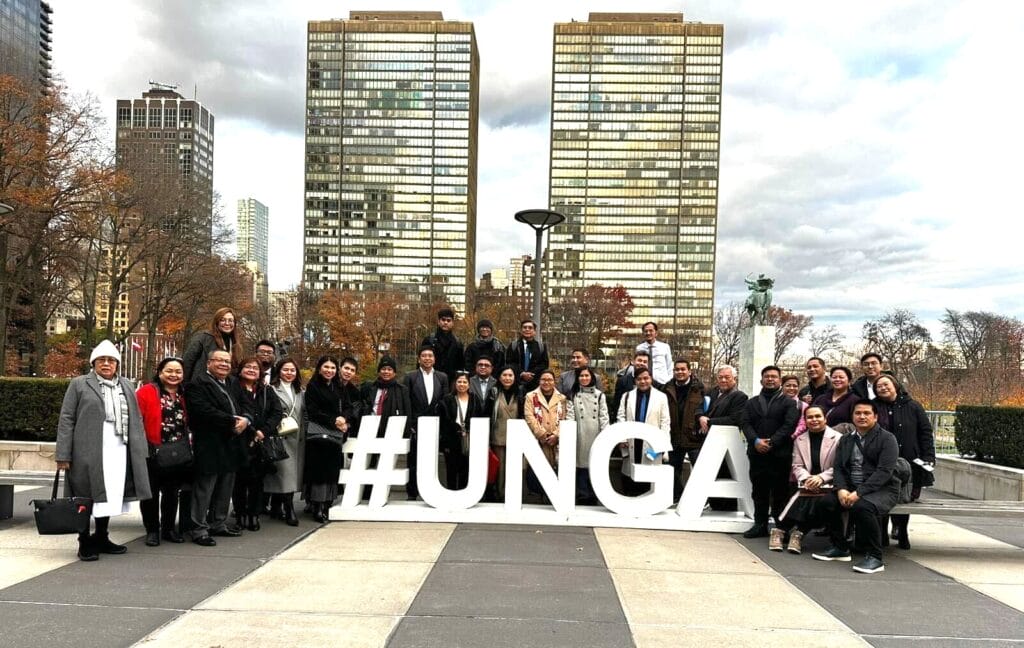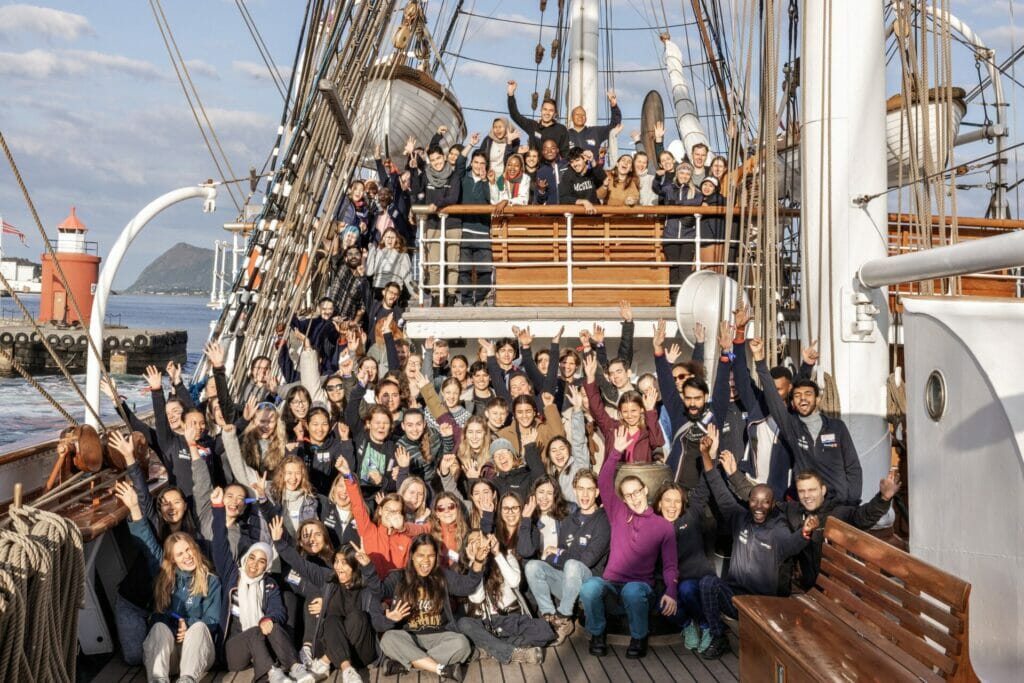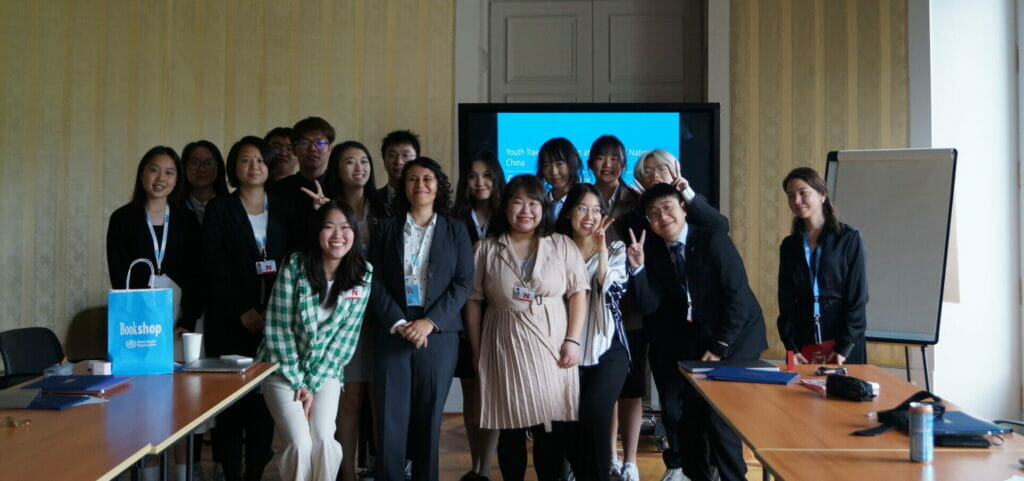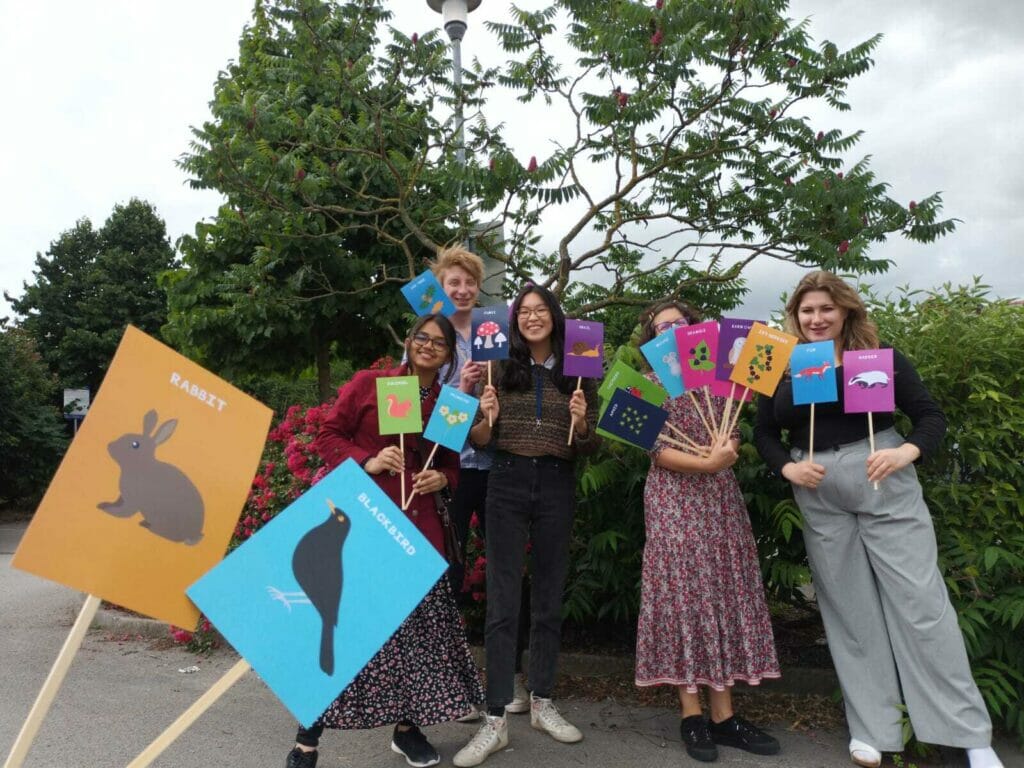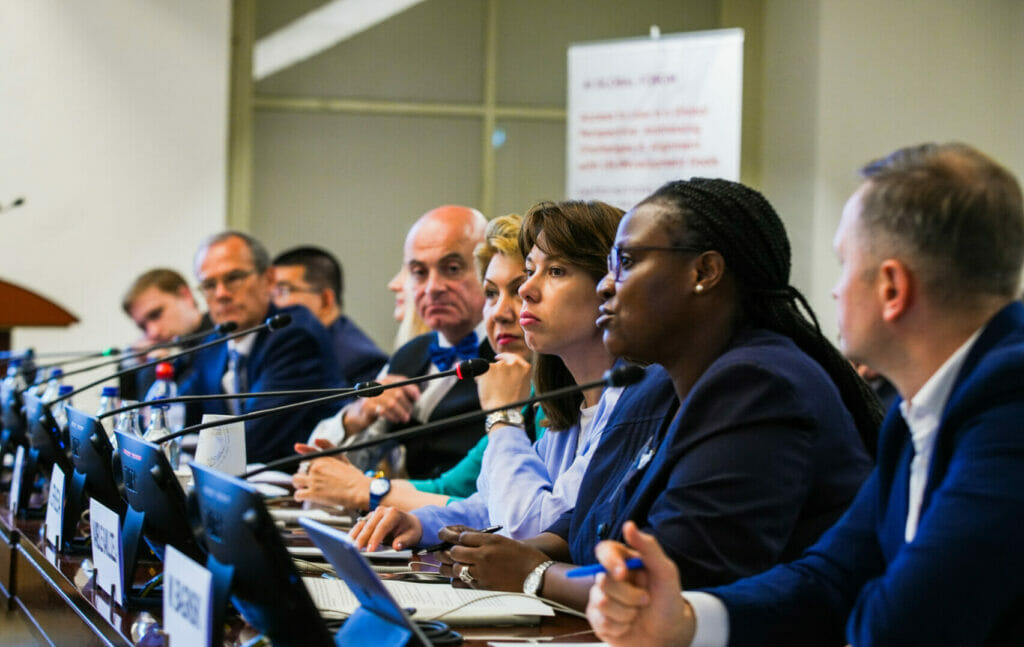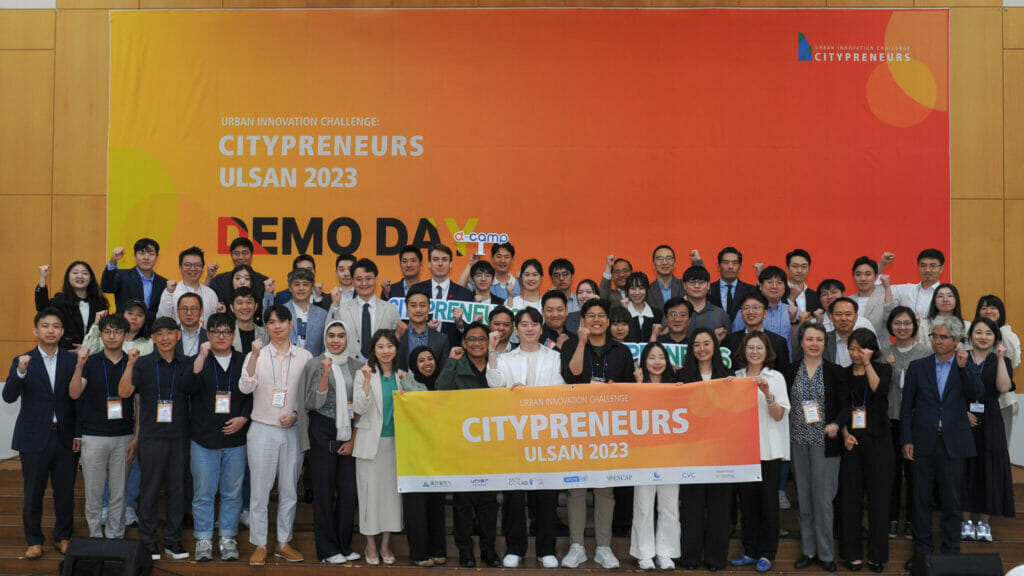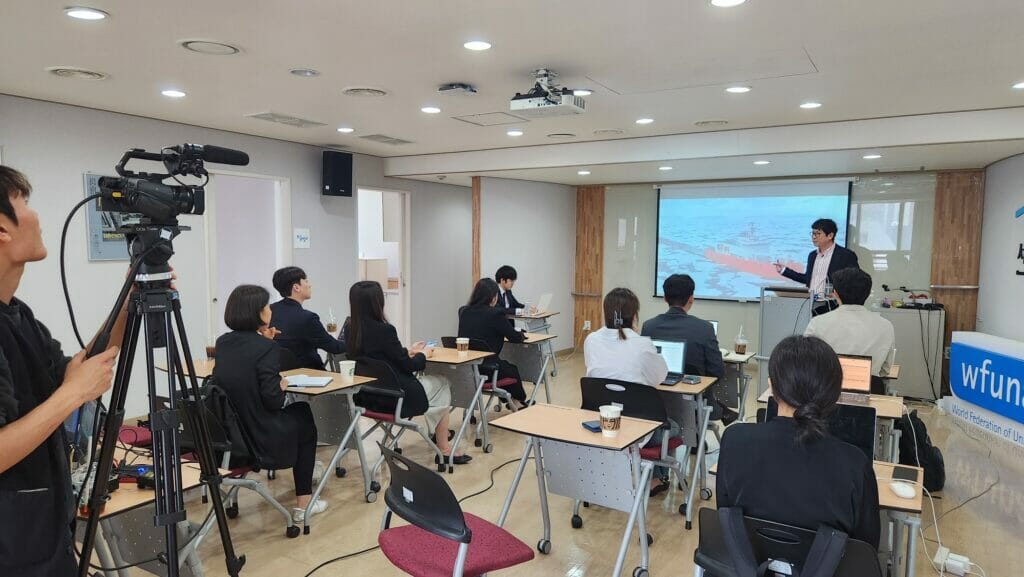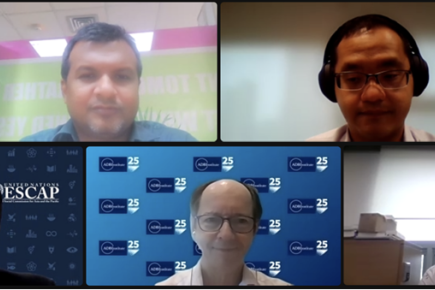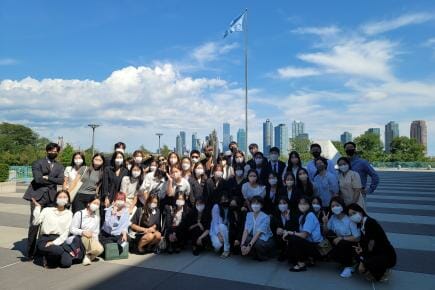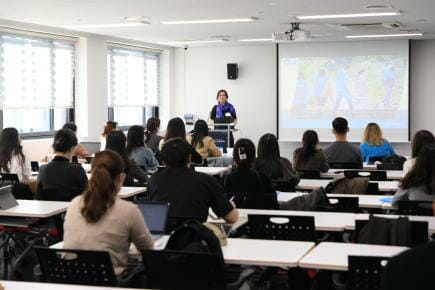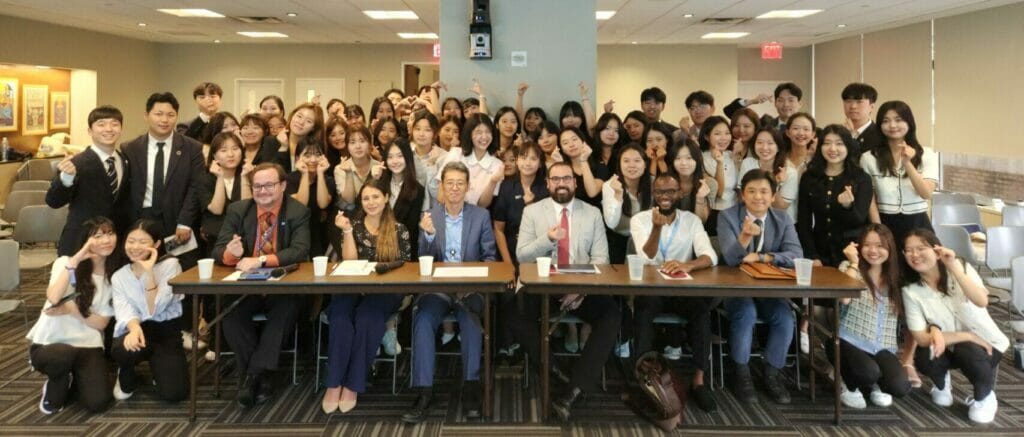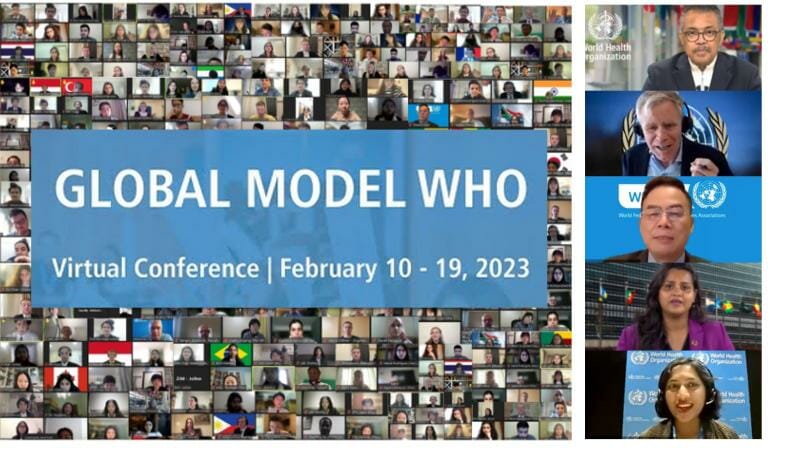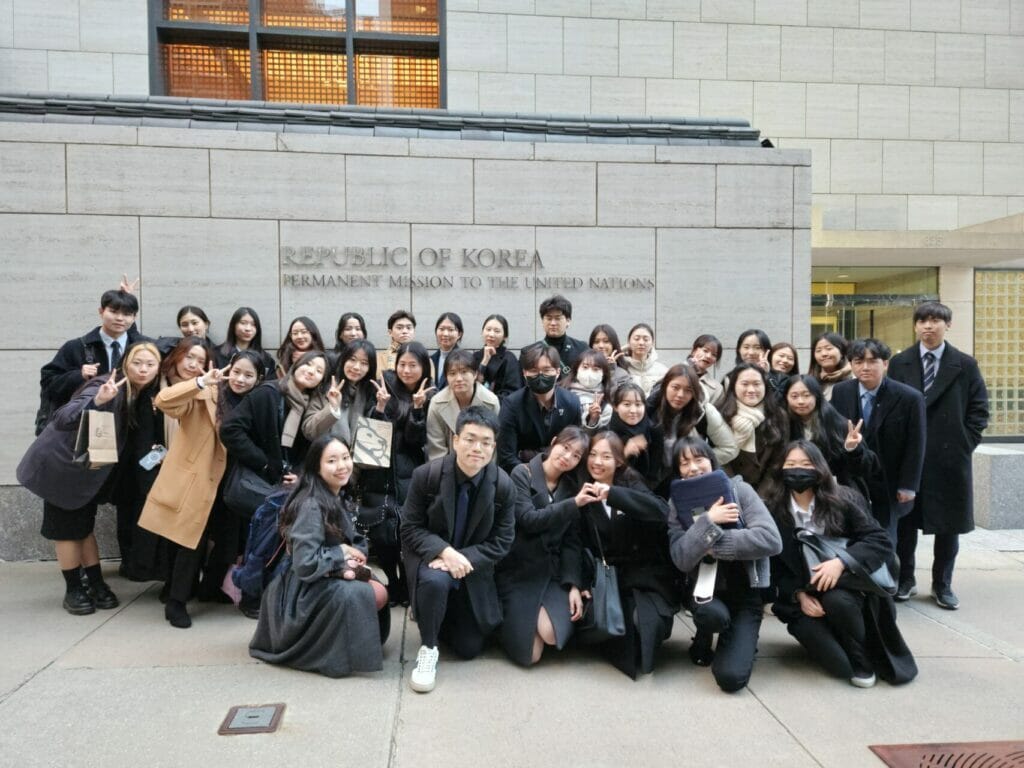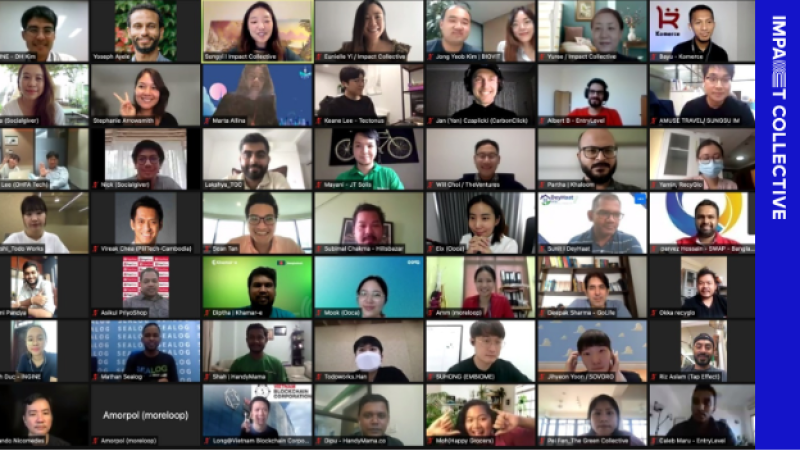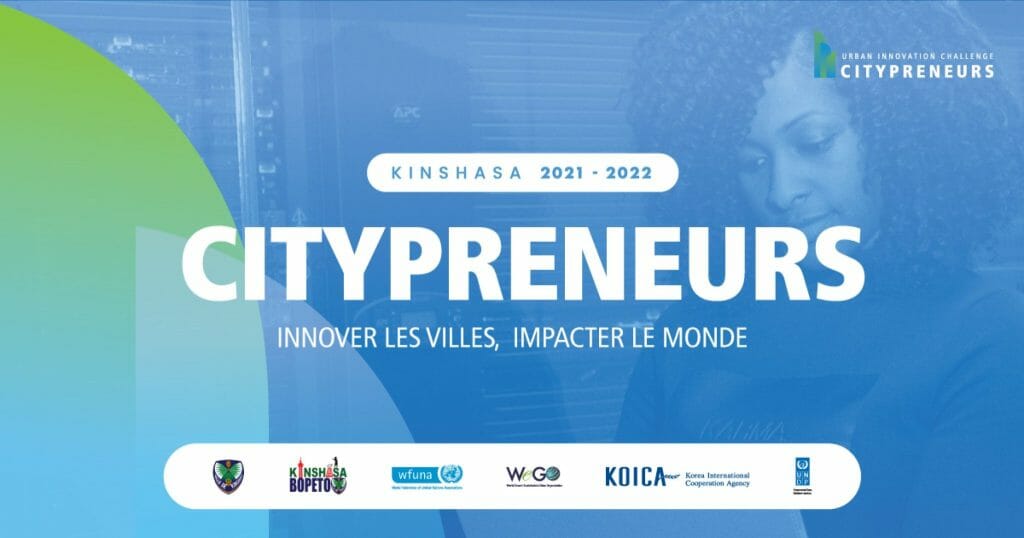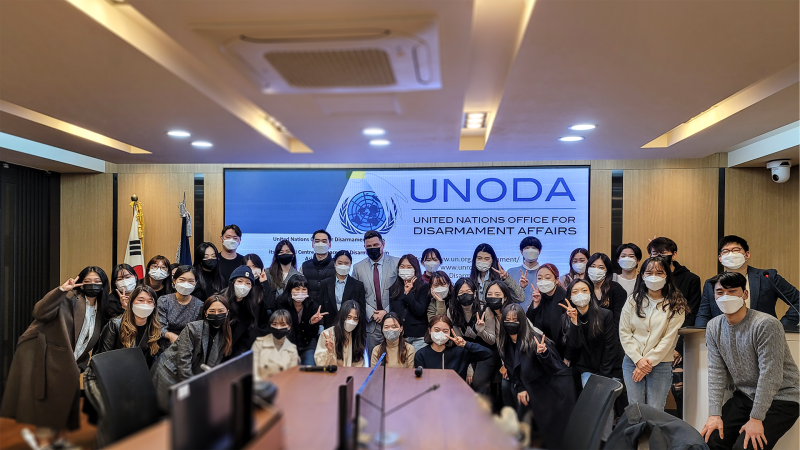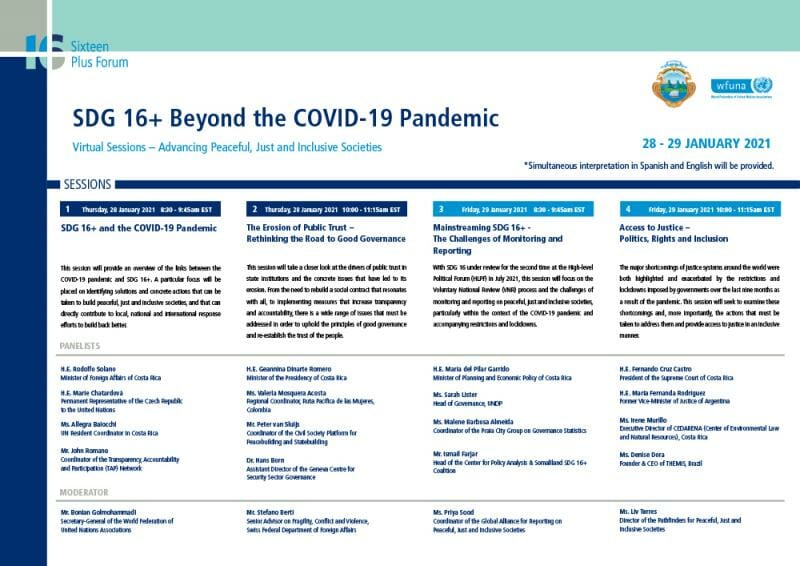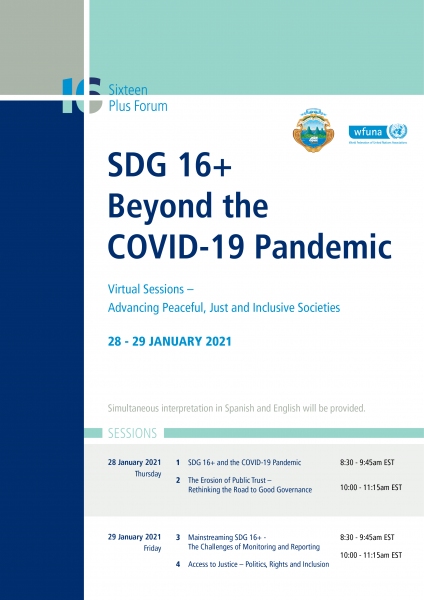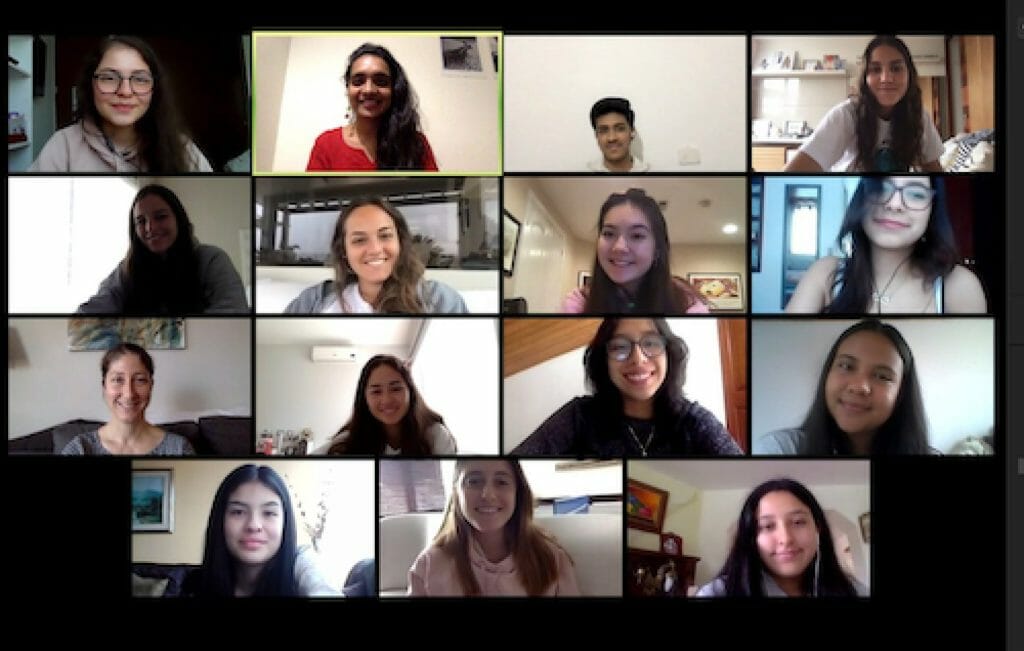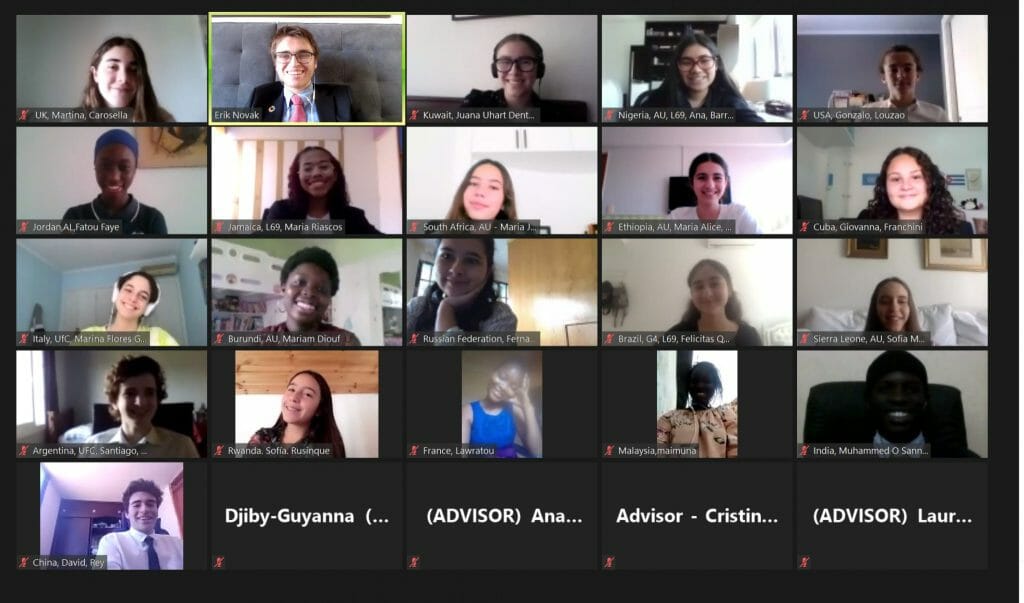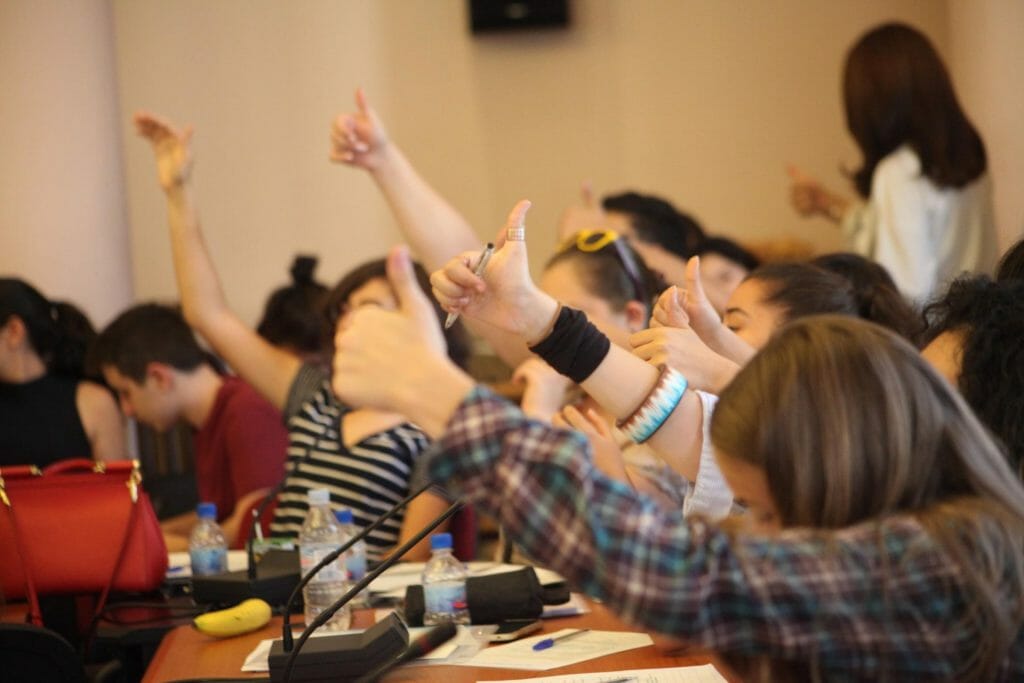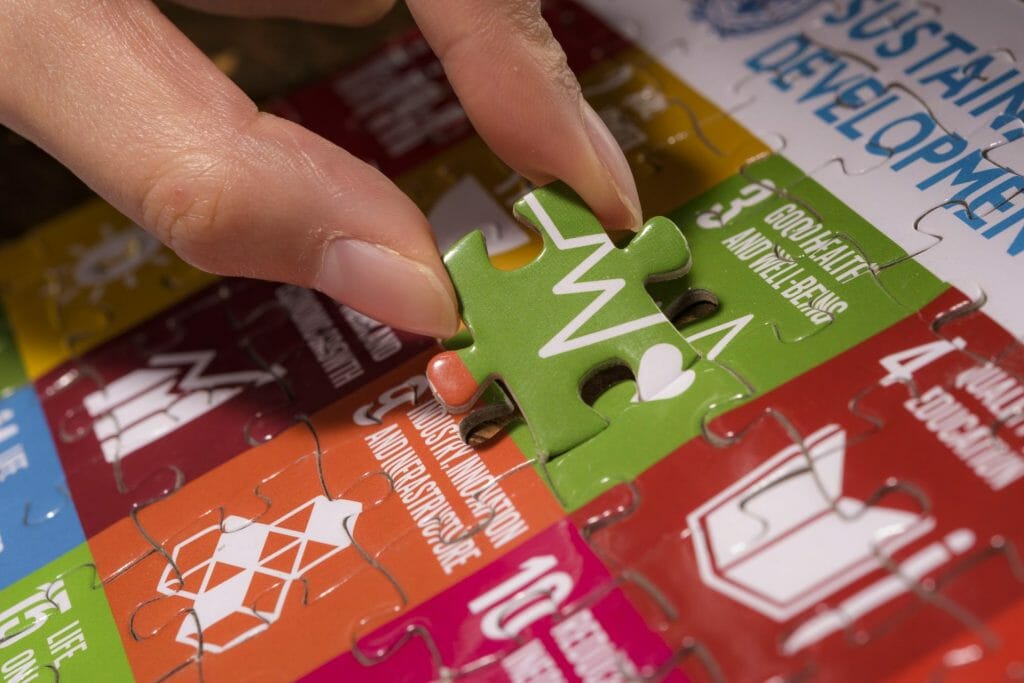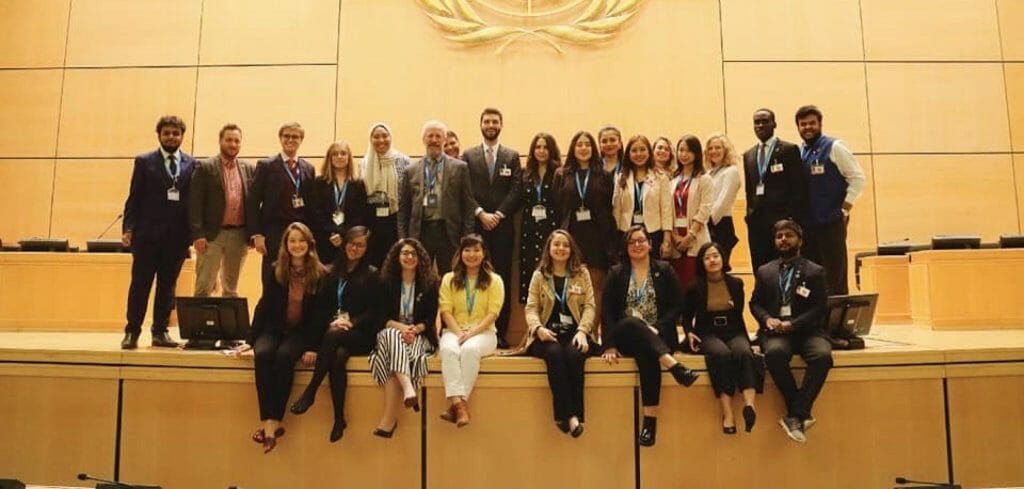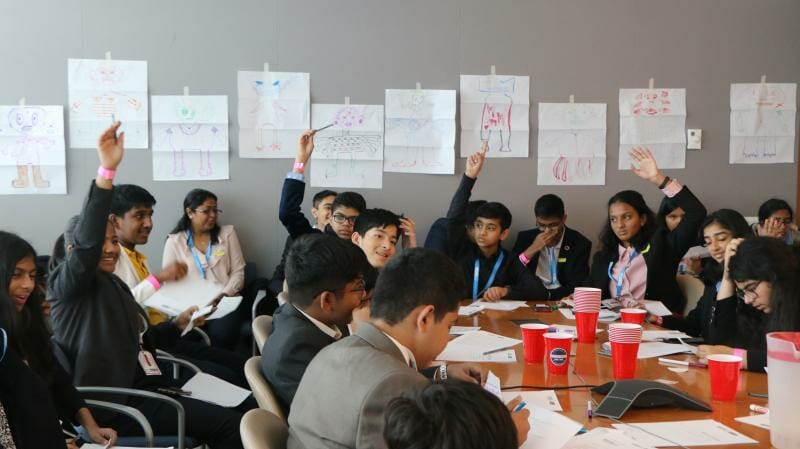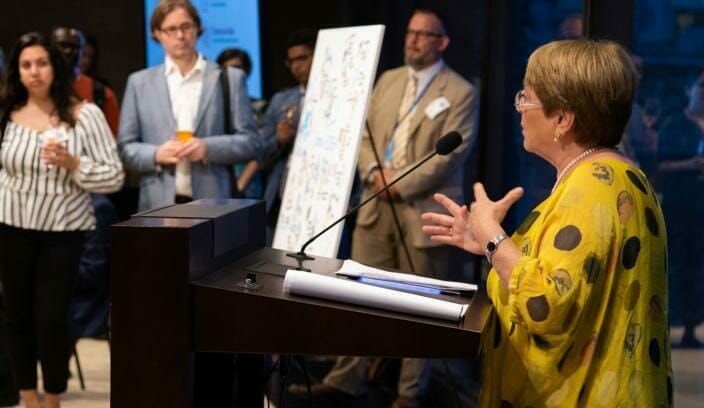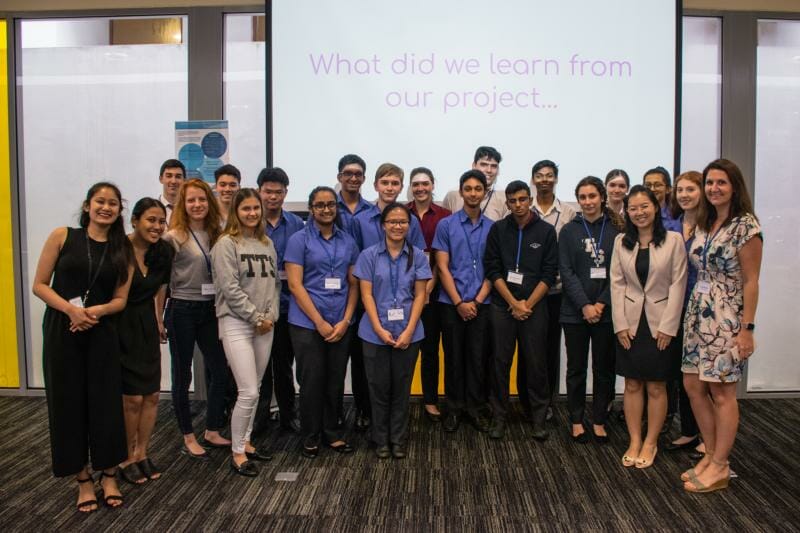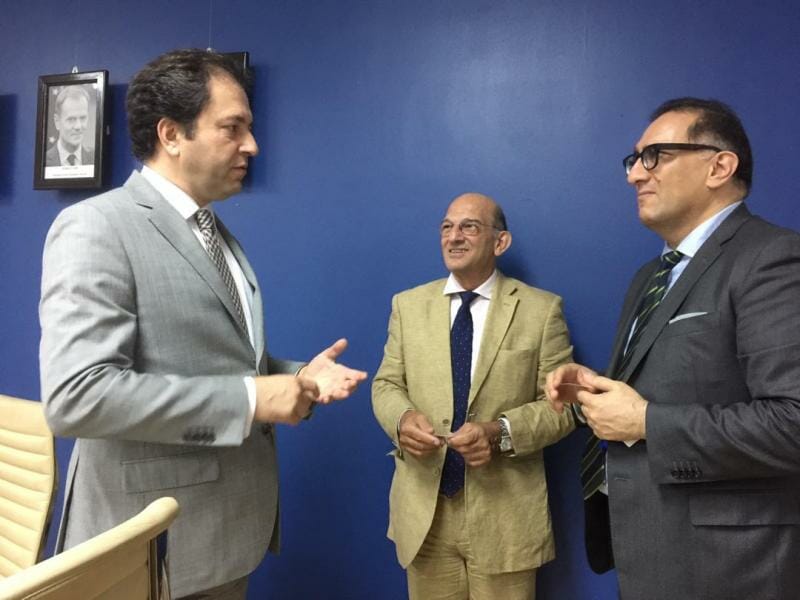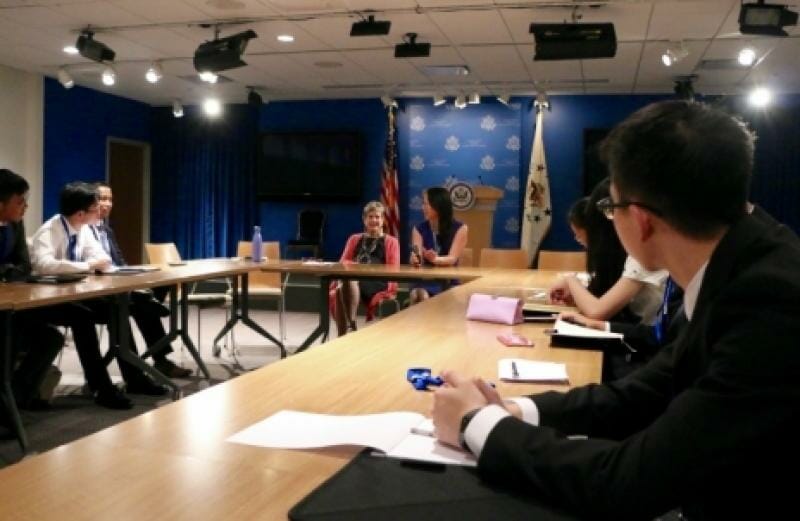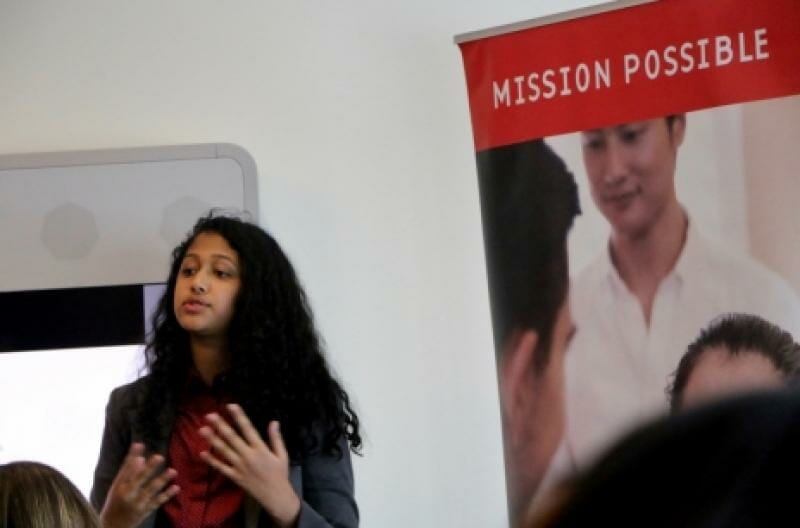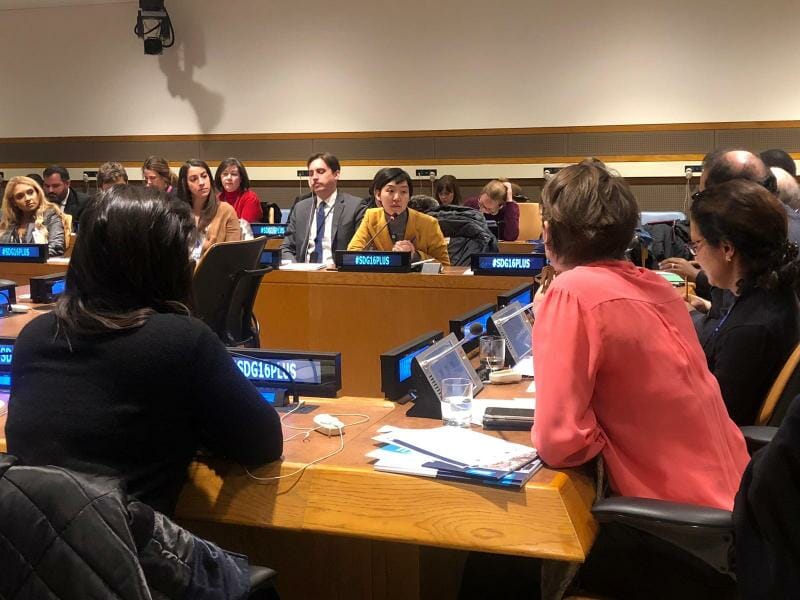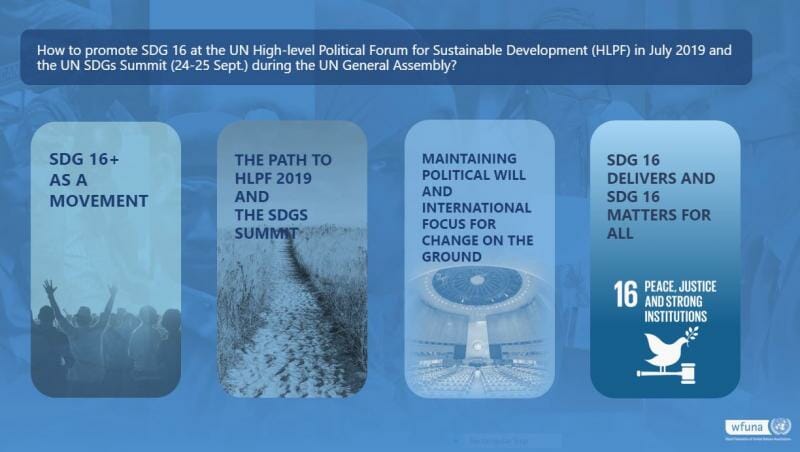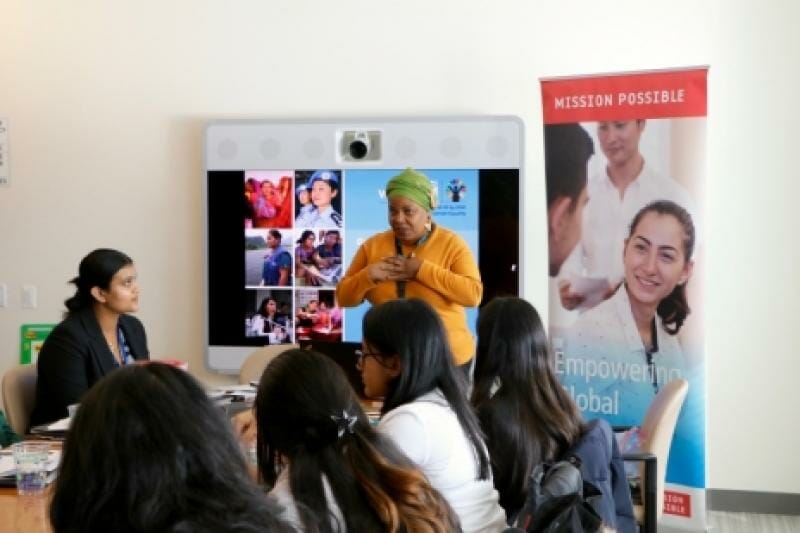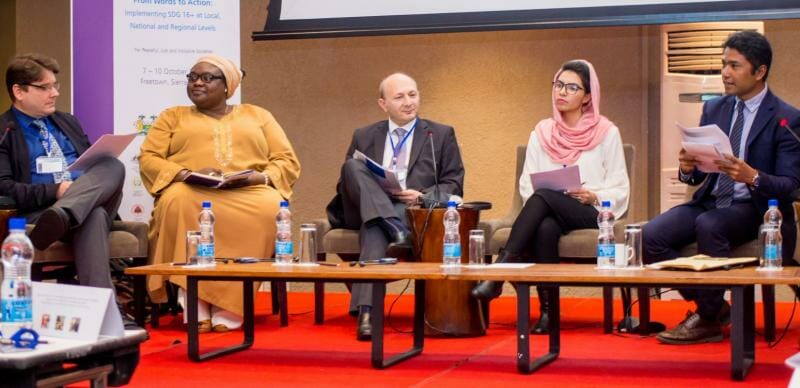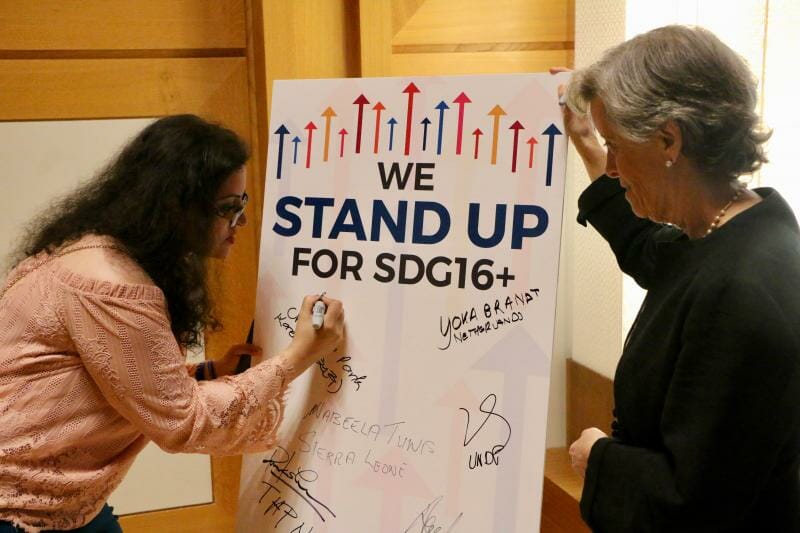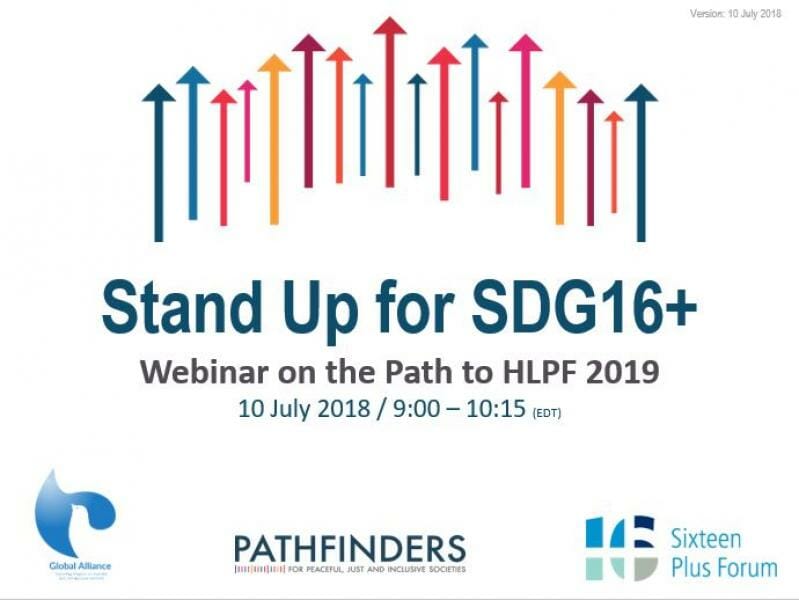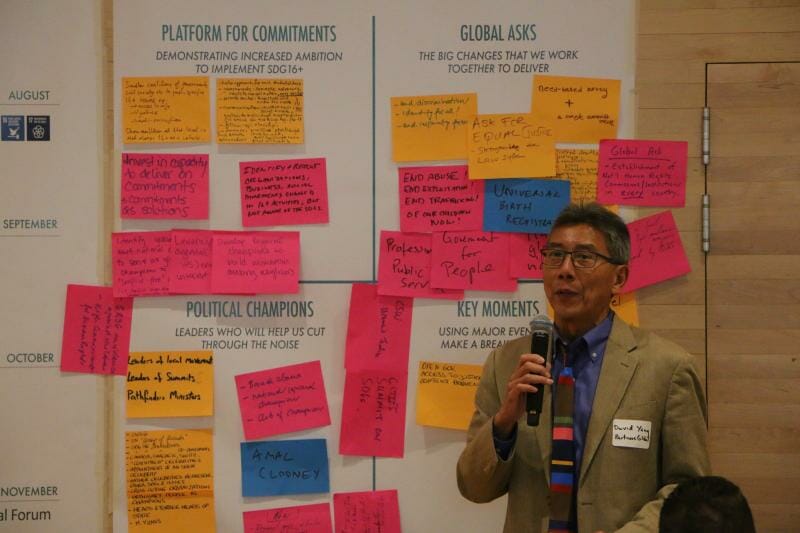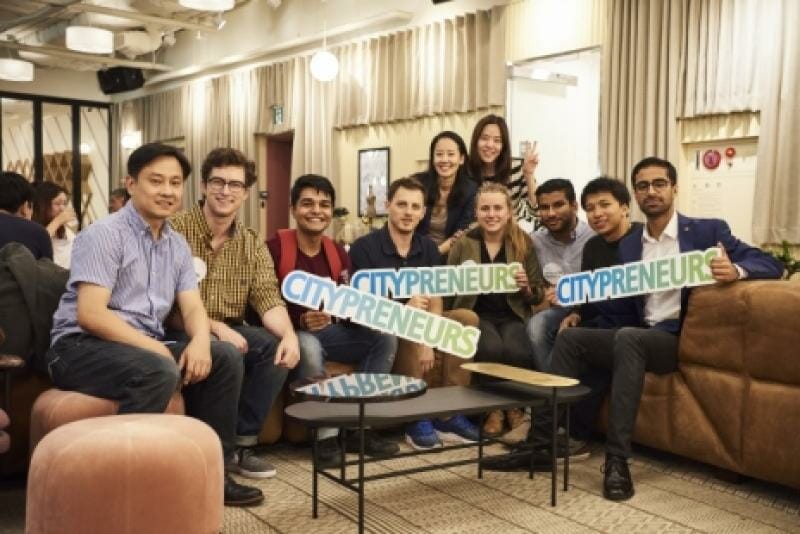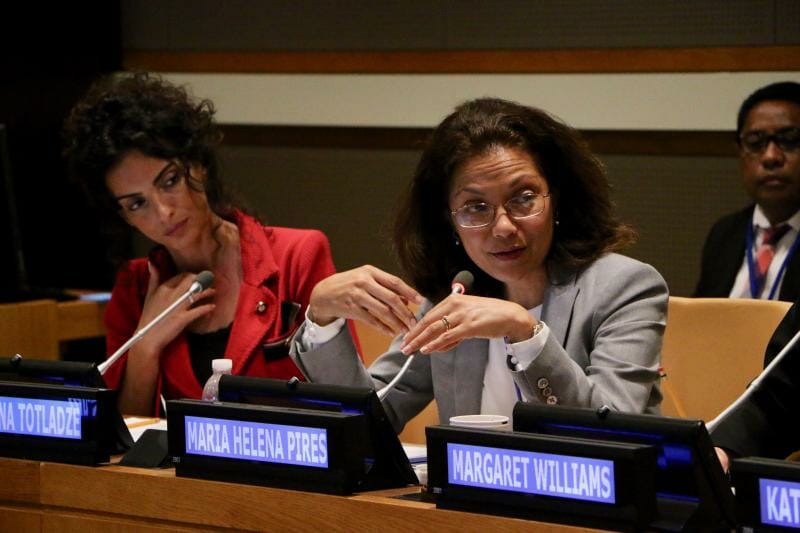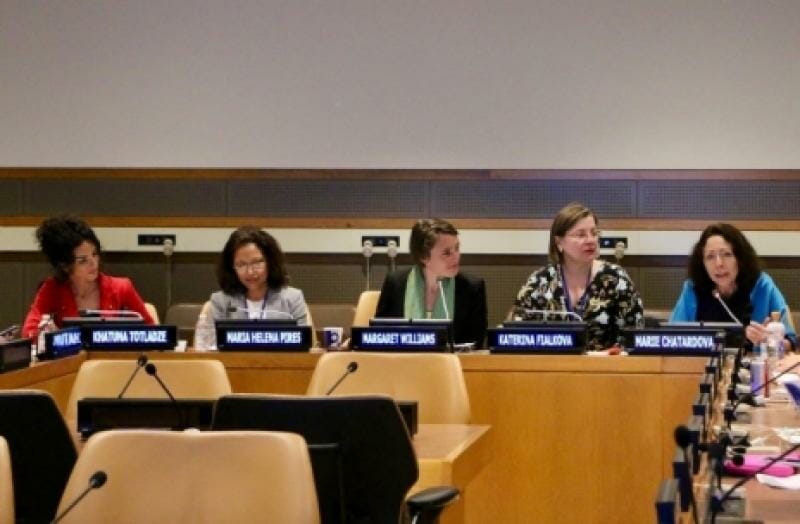TUESDAY, DECEMBER 15, 2015
On the occasion of the launching of the Save the Earth Green Corps Exhibition, WFUNA, in partnership with Future Forest and the UN Convention to Combat Desertification (UNCCD) organized a panel discussion on theOutcomes of COP21. The long awaited Conference of the Parties (COP), held in Paris between 30 November and 11 December, ended on a common agreement adopted by 195 member States. The event was sponsored by Korea Foundation, the representative organization for Korean public diplomacy.
The panellists, moderated by WFUNA Secretary-General Bonian Golmohammadi, brought complementary approaches on COP21 and Climate change to the audience:
M. Beniston, climatologist and Director of the Institute for Environmental Sciences at the University of Geneva gave a general overview of the expectations of COP21. He stressed the fact that it was a historical treaty but more still remains to be done. He also noted that unfortunately there is no mention of fossil fuel in the treaty, which is the most important emitter. Legally, the goal is not clear enough and needs to be strengthened.
Y.Hori, spokesperson at UNCCD, presented a crucial aspect of climate change: desertification. The UNCCD Parties propose that we use common indicators and commit to rehabilitating.
A. Dahl, president of the International Environment Forum, underlined that the Paris Agreement will not by itself solve the climate change crisis, complementary action by many actors will be required. It will be important to put into place adequate mechanisms for accountability and increase education and awareness raising on Climate Change.
M. Golmohammadi opened the floor for comments and questions. M. Philippe Ramet, from the Permanent Mission of France to the UN took the floor to briefly comment on and stress the importance of the Conference of the Parties. He reaffirmed that the agreement was just, sustainable, dynamic, balanced and binding. Some questions from the audience raised questions on education and the accountability concerning the private sector. During the second round of presentations:
D. McClean, Head of Communications at UNISDR stated that the Paris Climate Agreement is a considerable statement of intent by world leaders to reduce disaster risk and to reduce the future impact of climate-related disaster events which have affected 4.1 billion people over the last twenty years. Adaptation to climate change must include smarter living in cities and the countryside.
A. Maxman, Deputy Secretary-General of Care International, stressed the importance of civil society actors. CARE advocates for a climate deal which is ambitious and just for the most vulnerable people. With COP21, the 1.5 C limit is a new benchmark for ambition and a big victory for vulnerable countries and Civil Society Organisations. The next steps are to further strengthen links across climate and the SDGs.
R. Felli, political scientist at the University of Geneva concluded the panel discussion with a more qualified note. If the Paris agreement gives reduction targets, it does not concretize how the 100 billion USD will be distributed for countries that need it most and it does not tackle the delicate fossil fuel subject. The positive side of COP21 is that we witnessed a broader commitment of social, environmental, indigenous, minorities’ movements who want to resist the fossil fuel agenda.
After these presentations, the attendees asked for further information on concrete solutions to combat desertification. M. Golmohammadi finally gave the floor to Ambassador Kwon, Founder and President of Future Forest,who stressed the crucial importance of earth in climate change and for humankind. Land comes first and harmony with nature is vital. The Save the Earth exhibition advocates and sends an alarming call all around the world.
M. Golmohammadi thanked the speakers for their presentations and invited everybody to the pre-view of the exhibition. This timely moment to launch our Save the Earth Green Corps exhibition aimed to raise awareness on Climate change issues, more specifically desertification, deforestation and land-degradation.
The reception was a great occasion to further discuss with participants, panellists and to discover the exhibition.


